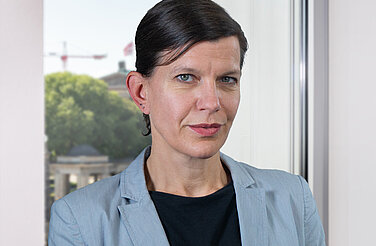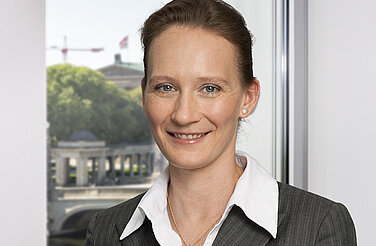- pdf 706 KB Introductory presentation on heat decarbonisation by Alexandra Langenheld, Agora Energiewende
- pdf 2 MB Presentation on heat decarbonisation by Jan Rosenow, RAP, and Richard Lowes, University of Exeter
- pdf 573 KB Presentation on heat decarbonisation by Alexandra Langenheld, Agora Energiewende, and Peter Mellwig, ifeu
Heat decarbonisation
Lessons for the smart sector integration strategy of the EU to achieve the long-term climate goals

Event Recording
About this event
The heating of buildings accounts for almost one third of the European Union's total energy demand. And most of that heat is provided by burning fossil fuels. With the European Commission currently developing a Smart Sector Integration Strategy in the context of the European Green Deal, it is timely to reflect on the transformative challenge of heat decarbonisation and to present principles for smart heat electrification in Germany and Europe.
Despite significant efforts, the energy renovation rate in Germany has remained stagnant for years. Accordingly, renewable energies such as synthetic fuels or electric heat pumps are given high priority in order to achieve climate targets in the building sector even without advanced savings in the energy demand of buildings. But how likely, resilient and costly are such scenarios? What is the true value of energy efficiency in buildings?
The webinar on 30 April was held by Alexandra Langenheld (Agora Energiewende), Peter Mellwig (ifeu), Jan Rosenow (Regulatory Assistance Project) and Richard Lowes (University of Exeter) based on two recent published reports “Building sector Efficiency: A crucial Component of the Energy Transition” and “Heating without the hot air: Principles for smart heat electrification”.
The one-hour webinar was held in English and included a Q&A session.
Presentation
The presentation can be found in the download section below.
Recording
We have recorded the webinar. The recording can be found above.
Event details
Heat decarbonisation
Agora Online Event
Upcoming events
If you want to receive news about upcoming events, please subscribe to our newsletter.



